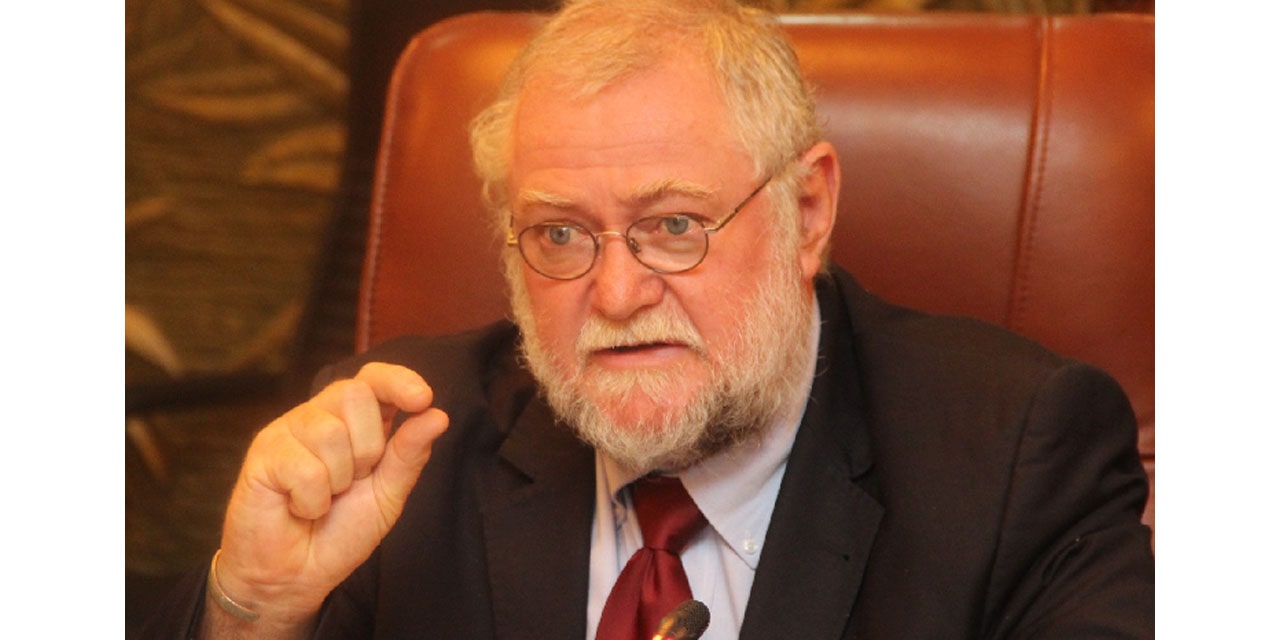Martin Endjala
The repatriation of the Batswana of Namibian descent will continue until 2026.
On Tuesday, the minister of water, agriculture, and reform, Carl Schlettwein, announced in Parliament that the Cabinet has directed the relocation process of the Batswana of Namibian descent.
This process is being carried out collectively by the ministry alongside the Ministry of Home Affairs, Immigration, Safety and Security, and International Relations and Cooperation.
The Ministry of Water, Agriculture, and Reform spokesperson, Jennifer Paulus, confirmed the continuation of the repatriation process.
“At this stage, it is hard to say how many more are expected to be repatriated, as the repatriation will be carried out until 2026,” she said.
About 98 Batswana of Namibian descent will be repatriated through the Dobe border post on 20 September.
The distribution will take place among 49 households or families.
They have already renounced their Motswana citizenship.
The repatriation process will be conducted in two phases.
Phase one comprises the less complicated group, which does not have livestock, while Phase two will include a more logistically complex group that will come with livestock.
This group is coming from the red zone—places like Ngamiland and the Okavango area—and arrives without livestock.
The second group will come from the green zone, such as the Ghanzi area, and will be repatriated with their livestock.
The two governments have yet to agree on a date for the second repatriation.
For their resettlement, the ministry acquired five commercial farms in the Omaheke, Otjozondjupa, and Hardap regions, covering a combined area of 23,054 hectares valued at N$58.7 million.
The ministry indicated that it had secured 21 hectares in Gam, serving as a reception area.
The ministry has secured Otjipaheua, a communal area spanning 245,807 hectares in the west of Gam, in collaboration with the Kambazembi Traditional Authority, for livestock grazing.
Boreholes have been installed in the area.
The ministry has also installed water tanks, and solar lights, and constructed animal handling facilities.
Schlettwein explained that for almost the past 10 years, Namibia has been engaged in discussions regarding the repatriation of Batswana of Namibian descent to Namibia.
“These communities have made a calculated decision to come to their ancestral land after their ancestors were forced to flee this country due to colonial subjugation,” he said.
Schlettwein said that these communities’ decision to return to their motherland must be seen as a restorative justice process.
“Their decision for repatriation must remind us that we still have a long way to go to achieve total restorative justice, as other forms of injustice still exist in our midst after Namibia attained independence,” he said.
The renunciation process is said to be ongoing, which may increase the number, as the registration process for those currently registering will only allow them to come to Namibia during the second phase of the process.




